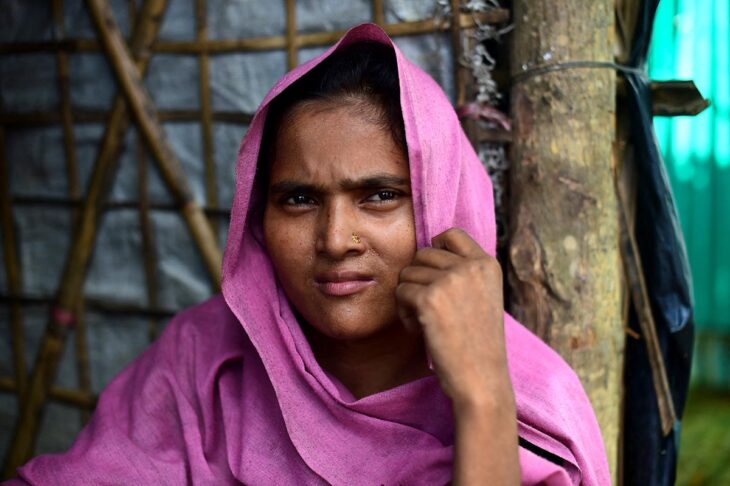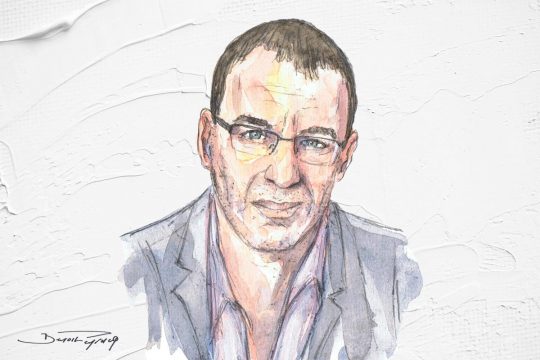To listen to the podcast, click on the "play" button below:
It seems like every week, across a variety of situations, there’s a new universal jurisdiction case – that’s basically where the crimes have taken place in a different country. We used to count case by case to see how this phenomenon was growing. Now we wonder whether it’s a standard response by victims’ rights groups, to look for openings.
In the podcast we mention a range of situations, and a few links we think could be useful. To start we covered the issues of victims’ access in a podcast back in 2021. Currently there’s the Swiss case against the former interior minister of The Gambia, Ousman Sonko, on charges of crimes against humanity.
Then there’s the annual review of universal jurisdiction, conducted by Swiss NGO, Trial International. France has been an outlier when compared to other European states, with the very narrow approach it has had to UJ. French courts have now ruled that three high-ranking Syrian officials could be tried – in absentia -for their alleged involvement in the deaths of Mazen Dabbagh and his son Patrick, who were arrested in Damascus by Syrian intelligence services in 2013. We also cover the request to Germany to open a structural investigation into crimes in Myanmar, not only during the expulsion of the Rohingya but also since the military coup in 2021.
We also look at the new Clooney Foundation for Justice’s shiny tool, Justice Beyond Borders, to check out what types of universal jurisdiction can happen where. Stephanie tried out Cuba on the website and decided that genocidaires could have a hard time hiding out there.
 ASYMMETRICAL HAIRCUTS
ASYMMETRICAL HAIRCUTS
This podcast has been published as part of a partnership between JusticeInfo.net and Asymmetrical Haircuts, a podcast on international justice produced from The Hague by journalists Janet Anderson and Stephanie van den Berg, who retain full control and independence over the contents of the podcast.







